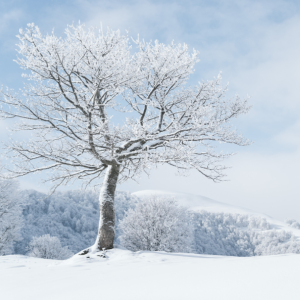 The Chinese had an appreciation for the seasonal natures, where each season had a level of activity, an emotional stance, and dietary practice which would aid the body in being resilient.
The Chinese had an appreciation for the seasonal natures, where each season had a level of activity, an emotional stance, and dietary practice which would aid the body in being resilient.
This evolved out of observing the natural world, which marked the changes in the seasons by the weather they produced, and the cycles of agriculture. Our experience of the seasons is different, with artificial lighting, heating, and a homogenized time that doesn’t account for the variation in sunlight during the day.
The Chinese were insistent on a regular daily schedule, and a regard for cues from the natural environment. Our exposure to the sun and sky, and the timing of our sleep and eating in relationship with these light cues play a huge role in our metabolic health. Looking at the contemporary work of Satchin Panda, who studies a variety of aspects of chrono-biology on a cellular level, he has shown how our sleep-wake cycle and eating times are linked with timing mechanisms in the body, in the cellular, endocrine, and neurological realms, so, creating a regularity to these cycles can help us manage a variety of chronic health issues.
While the summer is a time for being very active and outgoing, and maintaining social connections, the winter is seen as a time for consolidation, rest, and internal reflection, which allows for new growth in the springtime. Much like we consolidate our day’s experiences in our sleep and dreaming, we also strengthen the inner aspects of ourselves in the winter season through rest and reflection.
Living with the social expectation of being “on” every day, maintaining an active social life, or aggressive work schedule regardless of the time of year can wear us down. Going against this seasonal cue in winter can cause us to become emotionally depressed and withdrawn, as we see in Seasonal Affective Disorder. This in turn can stagnate our internal energy, and make the rest we get through this period less effective. This can be managed with Chinese medicine in the same way that other stresses of modern living, which helps us avoid bigger health problems stemming from our mental distress.
Another factor in northern climes is the lack of vitamin D from exposure to adequate sunlight in the winter, which can lead to a weakened immune system, physical discomfort, and, over the longer term, poor bone health. In Chinese medicine this can be seen as related to a deficiency of fire, or yang, in the body, and can be supplemented through herbal medicine, acupuncture and physical practices.
In short, winter is a time for a pause, reflection, and renewal, a period when we can work on our weaknesses and build our strength for the times to come.



